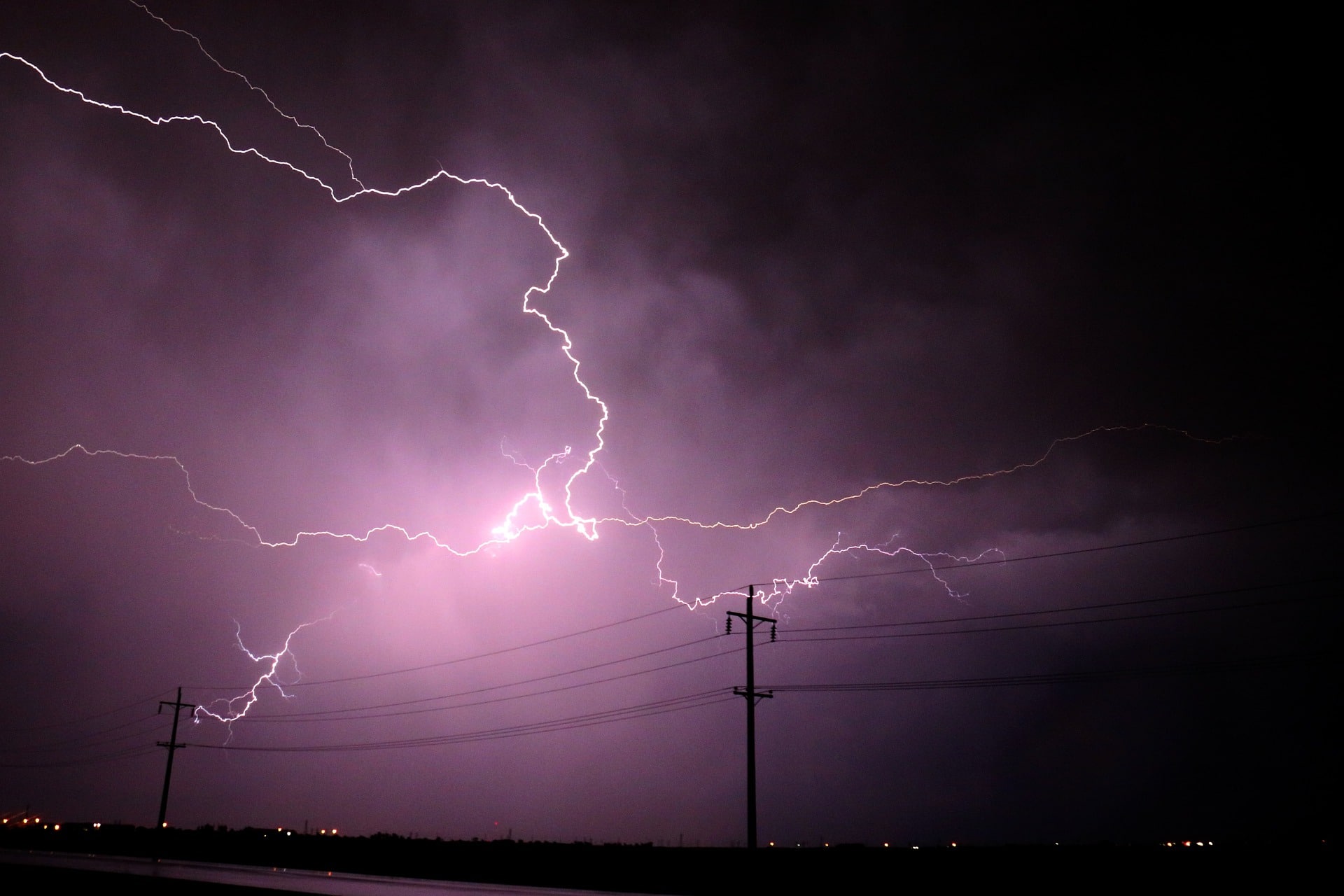
A backup generator is increasingly becoming standard equipment for many private residences. Installed behind or to the side of your home and hard-wired into your main electrical panel, the unit continuously monitors grid power. When a power outage is detected, the system automatically starts the generator and switches designated household circuits over to generator power. When utility power is restored, the system switches back to the grid and shuts down the generator.
Here are 10 reasons to consider a backup generator for your home:
- The U.S. power system is aging. Many local grids were engineered to meet the demands of the 1950s. To stay powered up in the 21st century, backup generators are becoming more standard.
- Hurricanes and tropical storms frequently take down the power grid across a wide area. The interval before power is restored may be long.
- Lightning strikes don’t have to directly hit your home to cause an issue. A strike miles away can send a voltage surge throughout the grid, disabling power.
- Snow and ice accumulation can snap power lines in frigid winter weather. Natural gas-fired furnaces do not operate without electrical power.
- High winds, over-stressed power lines, as well as dislodged tree limbs can break lines. If wind storms are frequent, you may need to consider investing in a backup generator.
- In earthquake prone areas, a single quake can take down the entire power infrastructure across an immense area. Earthquakes don’t have any specific season and may strike any time.
- Because water and electricity don’t mix, flooding usually interrupts utility power. A backup generator allows you to stay safe and comfortable inside your home while you wait for crews to restore utility electricity.
- Planned blackouts occur when utility engineers determine that electrical demand exceeds the local grid capacity. A dependable alternate power source protects you from planned blackouts.
- Gasoline-powered portable generators aren’t designed to replace grid power. Backup generators utilize clean natural gas fuel and can power certain designated circuits or the entire house.
- Since they are fully automated, backup generators keep the house powered even if no one is home when grid power is interrupted.
This information provided by your friends at Jackson & Sons Heating and Air offering excellent customer service to Eastern North Carolina since 1974.
Jackson & Sons, Inc.
Our goal is to help educate our customers in Eastern North Carolina (including Wayne, Johnston, Greene, Lenoir, Pitt and Duplin Counties) about energy and home comfort issues (specific to HVAC systems).
Credit/Copyright Attribution: “Innersanity_pixabay”